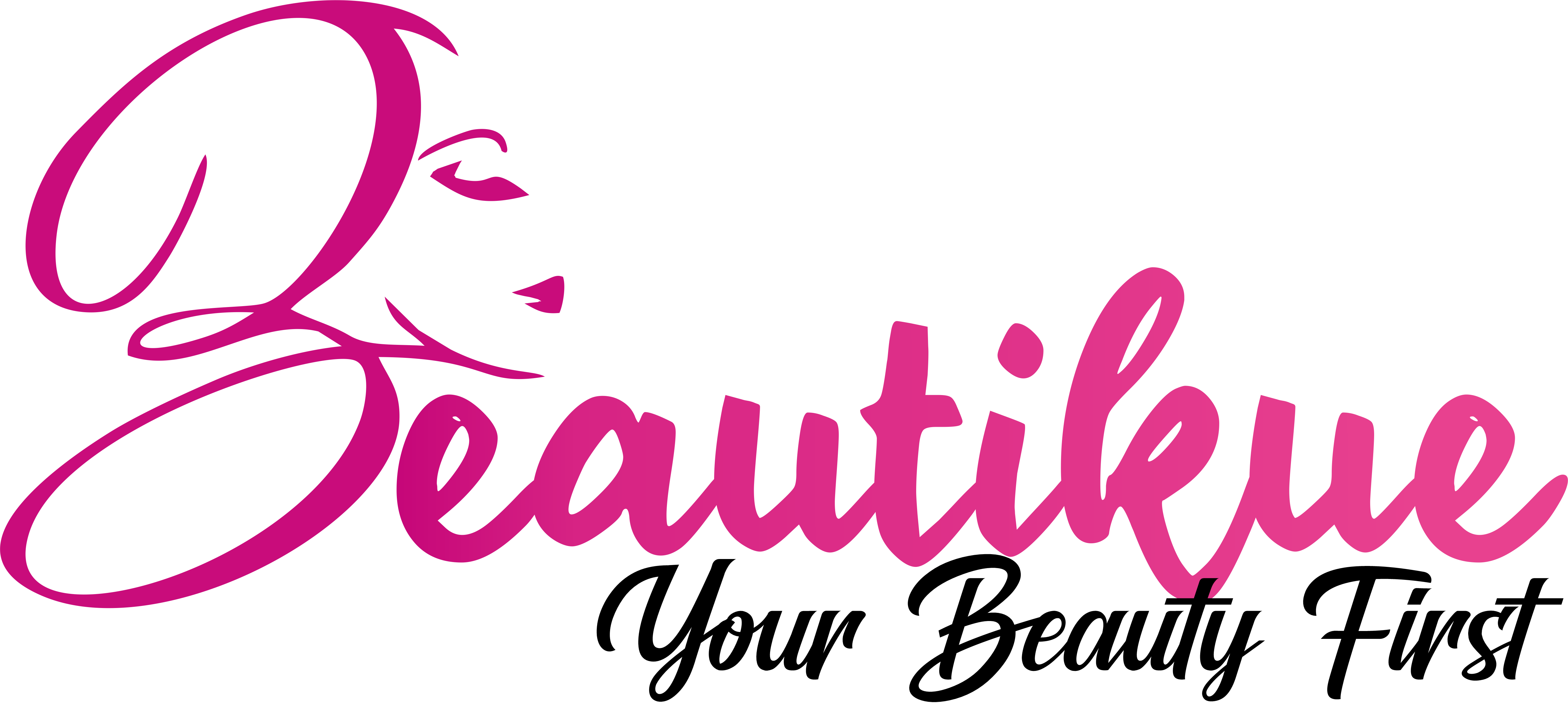Simple and Effective Self-Care Routines that Will Keep You Healthy – The term “self-care” has been made popular in recent years, particularly for the physical and mental health benefits that come along with taking time to care for your mind and body.
But self-care is much more than just taking a day off to go to the spa or to get a facial. In fact, some of the best self-care routines are daily regimens that when practiced over time have produced the greatest health benefits. And these practices don’t take up too much of your time.
We all need to take care of our own needs, and this is all that self-care really is. It’s the daily practice of ensuring that your mind and body are healthy and functional. And there are several techniques for meeting these goals.
But what self-care routines are the best? Here in this post, we’ll explore a few of these practices and why they’re important.
Cultivating Solitude
Throughout human history, some of our greatest spiritual teachers and healers across the globe have all preached about the importance of cultivating solitude. And this is for a very good reason.
Today, we are more connected than ever before. With the advancement of technology, particularly with smartphones and social media, finding a quiet place has become much harder to do since the dawn of this millennia. And our technology is increasingly encroaching on our own private spaces.
Finding solitude creates space to breathe, and allows for time spent in quiet stillness. This practice is essential for proper self-introspection and reflection, two fundamentals of self-awareness, and for growing toward greater self-gnosis.
Finding a sanctuary where you can remove yourself from the busyness of life and from the crashing noise of society can work wonders for your mind. And you might even find that practicing solitude even 15 minutes a day is much more refreshing than mindlessly scrolling through your smartphone apps.
Choosing Natural Products
Everything that you put into your body affects you in some way. And this fact is what ultimately gave rise to the popular phrase, “you are what you eat.”
But not only does what you put in your body affect you, what you put on your body affects you as well.
Chemical compounds used in hygiene products and cosmetics contain a large number of manmade chemicals and toxins. And over time these toxins can alter our DNA and cause dysfunction within our bodies, particularly with hormones and mood regulators.
Some products even contain cancer-causing elements. And this is the case with many of the talcum powders produced today.
Some talcum powders contain raw talc, which is known to contain asbestos. And many women have been filing lawsuits due to developing ovarian cancer caused by talcum powder.
As a best practice, switch to using natural solutions for hygiene and cosmetics, and you might just notice a difference in your overall mood.
Meditation
A study performed on the renowned Steve Jobs showed that his brain health at age 56 mirrored that of a 27-year-old. This has been linked to his practice of daily Zen meditation for many years. And this is truly something to “think” about when structuring your self-care routine.
Since the 1960s, Eastern spirituality has become more and more popular here in the West. And it’s only been within the last couple of decades that science has found undeniable links between meditation and overall physical and mental well-being.
Meditation focuses the mind, and this practice is fundamental to many Eastern religions, particularly Hinduism and Buddhism.
In fact, meditation routines allow the mind to relax, and this also can lower blood pressure which leads to a reduction in stress and a healthier immune system. Additionally, meditation enhances focus, clarity, concentration and alleviates tension in the body.
We humans rarely take time to be still and allow ourselves to heal, even if it’s just to decompress after a long work week. But self-care is now being seen as essential to optimal performance at work, and the reason why many companies are promoting self-care within the workplace.
